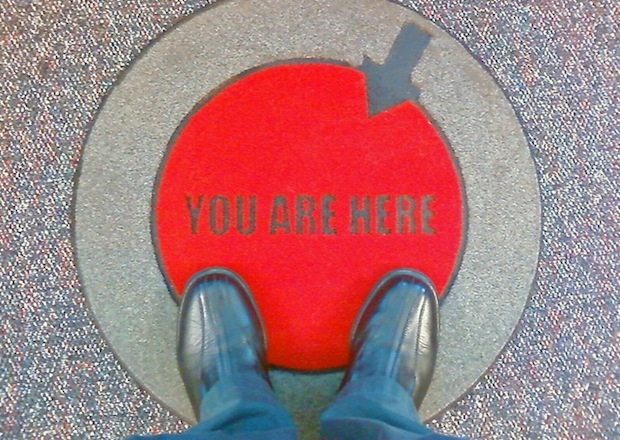These days you can’t do anything online without making an account. Making an account on a site requires having an email address, giving away information such as your birthday, location and any number of other details. I started thinking not too long ago about the number of websites that I have accounts with and decided to make a list. Before long I had over thirty-five web sites on my list! Because of this realization I have systematically reduced the number of sites I am a member of, either by deleting the account (We all know this does not actually remove our information from the listing, it just makes it invisible to the average viewer.) or by deactivation (Deleting each item present on the site, changing all settings to private and deactivating the public viewership. Likewise this does not remove our information from the listing, however it does limit what is still present.). I do not honestly believe there is a way to remove an account entirely, even if it is not visible to the public, the website administration can access the leftover files of whatever was present upon your deactivation of the account. It is by this process that they are able to recover an account if asked (or required by law for whatever reason).
Perhaps its a bit paranoid of me to consider how much information about my life is publicly available to anyone with a computer, but it makes me wonder about who is looking to find that information and what they could get at the turn of a whim. Do you ever consider the kind of information you give out when making an account for a website? Why should you give your address or phone number to a site to listen to music? We believe it is for demographics and yes to a degree it is. However, this information could be used to track individuals.
There are reasons, however, for supplying this information voluntarily. One such case is a man who took to tracking his life after having been suspected of terrorist activities or connections for several years, though he claims he has never had part in such interactions. After having been searched and held up at airports on numerous occasions, he decided that publicizing his life was for the best and thus maintains a website which follows his every move, to which he posts blogs, photos and other information to corroborate his location and daily activities. [Site not listed for legal reasons, please search “terror suspect tracks his life” for details.]

As much as there are people who would prefer to keep their personal information to themselves, the new trend these days has finally received a title: Urban Datasexuals. We all remember the classification of Metrosexuals in the late ’90s as people who are obsessive about grooming and personal appearance. “The datasexual looks a lot like you and me, but what’s different is their preoccupation with personal data. They are relentlessly digital, they obsessively record everything about their personal lives, and they think that data is sexy. In fact, the bigger the data, the sexier it becomes. Their lives — from a data perspective, at least — are perfectly groomed.” For an example of the datasexual visit one of their common stomping grounds online: http://quantified-self.meetup.com/ where they join online groups (much in the nature of Google+ or Facebook Groups) often designated by geography and share their weird and interesting facts about themselves. The datasexual is also likely interested in geotracking, life-logging, and DNA-sequencing in an attempt to gain more knowledge about their individual make-up. [References: http://flowingdata.com/2012/04/24/urban-datasexual/]
Now personally, I can see being interested in your genetic make-up because its kind of cool to see where your blood came from, and I can understand researching your family tree in order to clarify your lineage. Where I come to confusion on this note is I suppose the idea that everyone in the world needs to know what your genetic code is… the idea say, that I should list here for you the identification and mapping of the approximately 20,000–25,000 genes of my individual genome. That, to me, seems a little extreme, but then I don’t even like giving out my phone number.
If you’re interested in disappearing (or maybe just standing out a little less) check out this article by the Huffington Post [http://www.huffingtonpost.com/2012/09/18/how-to-disappear-avoid-surveillance_n_1872419.html].
